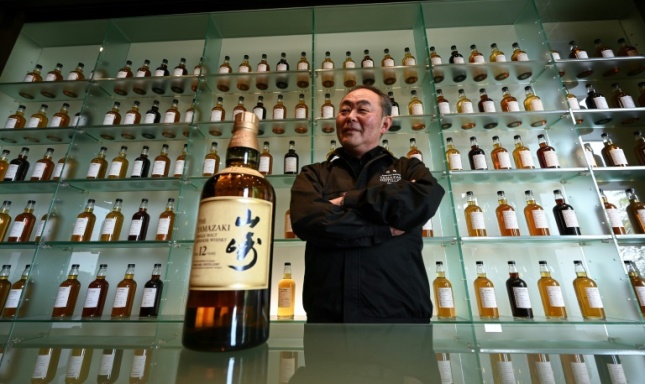Karamoja — Cattle traders in karamoja have turned to dealing in donkeys because of the proceeds in the new trade. Currently, trade in donkeys is booming in the pastoralist communities of Karamoja of Uganda and Turkana of neighbouring Kenya.
Check also: Rapists Deserve To Be Killed, Says President Museveni
High demand for donkeys comes from Chinese traders who deal in donkey products in Lodwa Town in Turkana County in Kenya, about 140 kilometres from Moroto Town in Uganda.
The Chinese buy donkey hides which they boil to produce gelatine, one of the key ingredients in a medicine called ejiao. Ejiao is used to treat conditions such as anemia, heavy menstruation periods, as well as dry coughs.
The high demand for donkeys has seen traders who were previously dealing in cattle to change trading in donkey meat, hides and skins. On a good day, one can sell a minimum of four donkeys making around Shs4 million. Trade in donkeys has greatly affected the prices of other livestock such as cows, goats, sheep and camels.
Currently, a big donkey weighing about 100kgs or more is sold for not less than Shs1 million while a cow goes for as low as Shs400,000, and a bull of 100 kilogramme goes for about Shs700,000.
A goat goes for between Shs40,000 to Shs100,000; while a sheep fetches the lowest of between Shs30,000 and Shs60,000 depending on the size. Mr Patrick Okello, a trader who used to deal in cows but now trades in donkeys, said they are getting more profit from donkeys.
“We are making good profit from donkeys because when you have seven donkeys you are sure of pocketing Shs10 million,” he said. Mr Jing Long, one of the Chinese dealing in skin products of the donkeys, media that they are particularly interested in the donkey’s skin because of its medicinal values.
Talking about Ejiao medicine, Mr Long said: “When we finish making it, it comes in blocks of dried pieces which are melted down into a herbal mixture to drink.”
The bad
Mr Mark Lokol, a trader, however, decried the rapid reduction of numbers of donkeys in the sub-region due to the trade. “Yes we are getting profit but the number of donkeys is reducing,” he said, adding that this is not good.
Initially, the pastoral communities used donkeys as a means of transport for long distances before it was discovered that the animals could generate a lot of money.
Apart from the skin which is very costly, the consumption of donkey meat is not a very popular tradition in parts of Karamoja and Turkana in Kenya, where a kilo goes for as little as Shs4,000 or Shs5,000.
Source: The Monitor
Check also;
- Kenya Burnt Over 5,000 Guns To Discourage Illegal Weapons
- Ugandan President Surprisingly Gave 10 Cows To Engaged Couple, Advises Young People to Marry
- Uganda’s Re-elected President, Yoweri Museveni Celebrated Poll Win With His Cows
Please use the button below to contribute to Newslex Point, Inc. using a credit card or via PayPal.

 Newslex Point News in Uganda, Uganda news
Newslex Point News in Uganda, Uganda news












